The appointment of Pan Gongsheng, deputy governor of the People's Bank of China, as Party secretary of the nation's central bank may herald fresh measures to reinforce the country's economic recovery and renminbi stability, experts said on Sunday.
"We believe that when the timing is right, new policies to support growth will be released. ... His appointment seems to have set the stage for initiation of new policies," said Hong Hao, chief economist at GROW Investment Group.
Pan, 60, who has served as PBOC's deputy governor since 2012 and head of the State Administration of Foreign Exchange since 2016, succeeded Guo Shuqing, 67, as Party secretary of the PBOC, the central bank said on Saturday.
Meanwhile, Yi Gang, 65, incumbent governor of the PBOC, was removed from the post of the central bank's deputy Party secretary, igniting speculations that Pan's appointment might have put him on track to be the next governor.
"Pan is an expert in financial and property industries. His appointment has been well received by the market," Hong said.
Before entering the country's financial regulatory system in 2012, Pan worked in State-owned commercial banks for years and obtained a doctorate in economics from Renmin University of China. He also has research experience at Cambridge University and Harvard University.
His appointment came as the market is closely watching China's next step to deal with the country's slowing economic recovery and a softer domestic currency. The central parity rate of the renminbi against the US dollar weakened to 7.2258 on Friday, close to the recent trough of 7.2555 in November, which was a 14-year low.
"A more accommodative monetary policy can be expected in the second half of the year, while drastic decrease in interest rates may remain unrealistic," said Liu Chunsheng, an associate professor at the Central University of Finance and Economics.
The PBOC, Liu said, is expected to continue to implement stable monetary policy after the appointment of Pan, who during a speech in June attributed the stability of China's financial system to sound monetary policy that has refrained from "significant easing and tightening".
Liu said the central bank may promote reductions in mortgage rates and down payment requirements facing second-time homebuyers during the rest of the year to ensure a soft landing of the property market. It may also ramp up efforts to stabilize market expectations of the renminbi exchange rate and advance renminbi internationalization, he added.
The PBOC vowed on Friday that it will "firmly fend off the risk of drastic ups and downs in exchange rates", followed by media reports on Sunday that major commercial banks had reduced the interest rates of dollar-denominated deposits, a move experts said will help alleviate the depreciation pressure on the renminbi.
More efforts will be made to step up macroeconomic policy adjustments and support the demands for basic housing as well as for better homes, the PBOC said on Friday, after a quarterly monetary policy committee meeting on Wednesday.












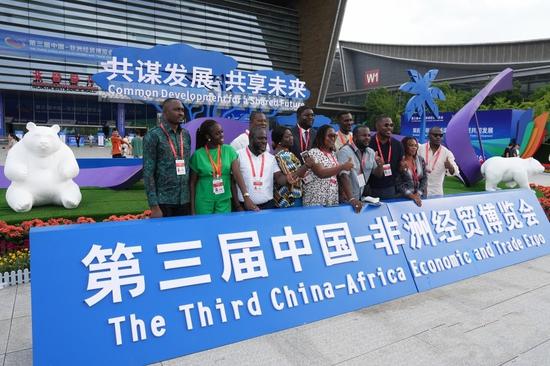
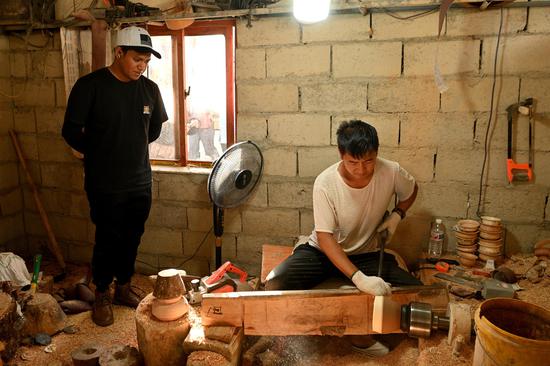



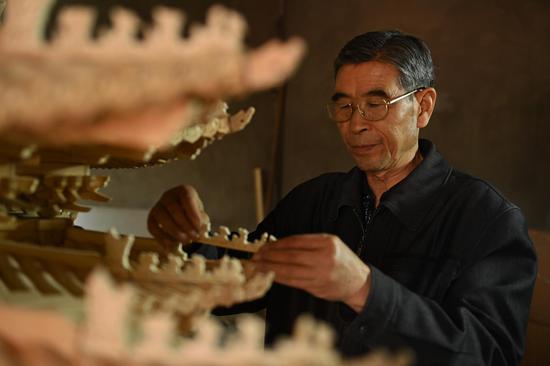
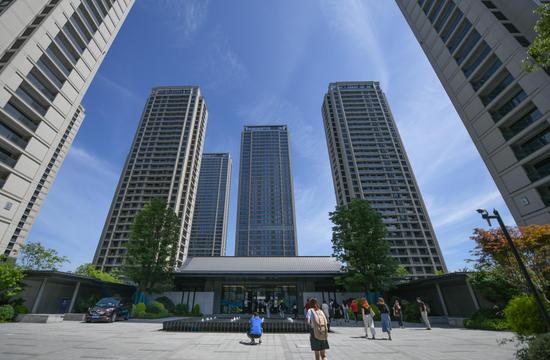
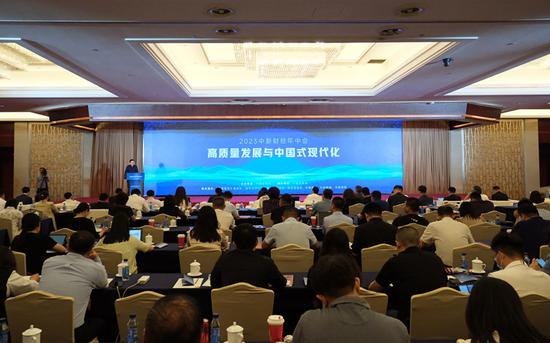







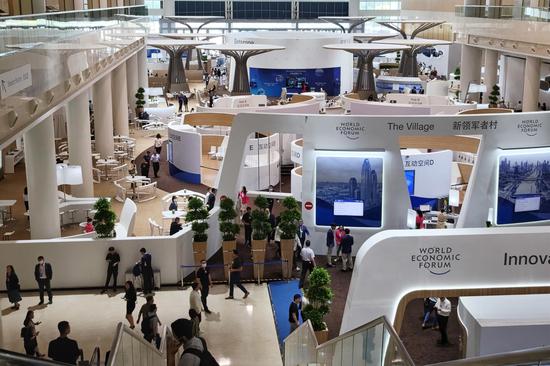




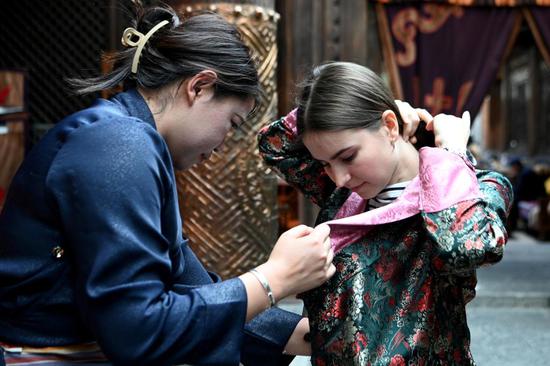

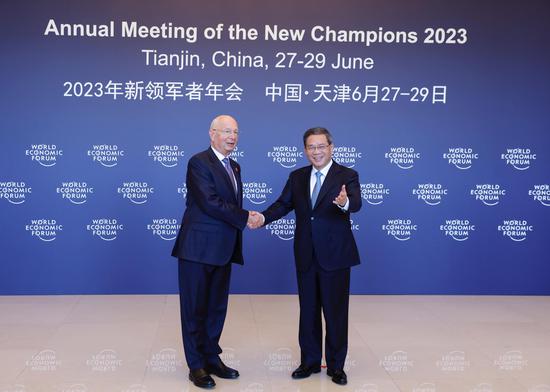
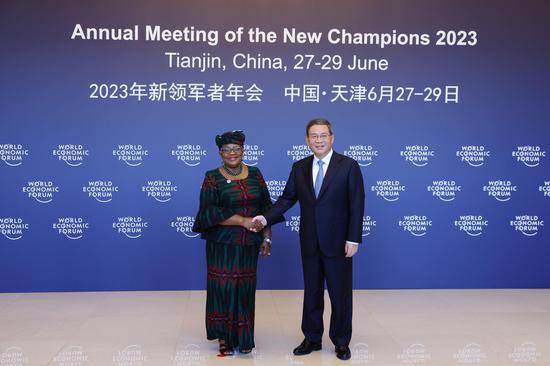
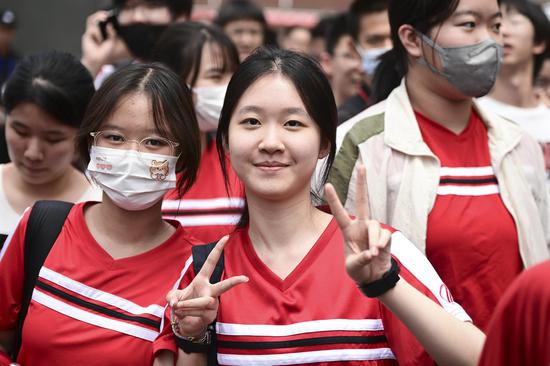




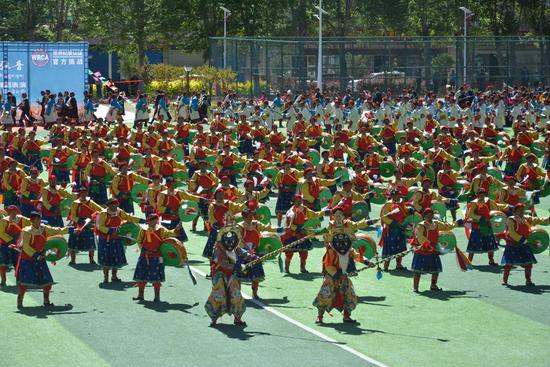
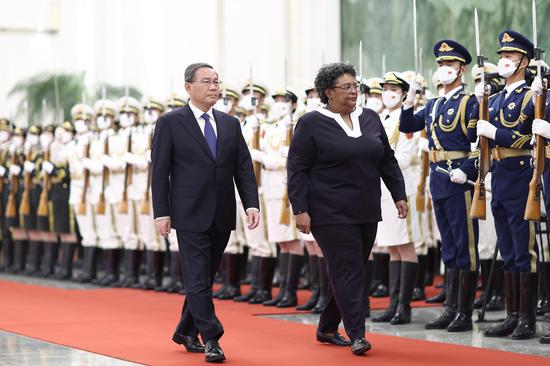
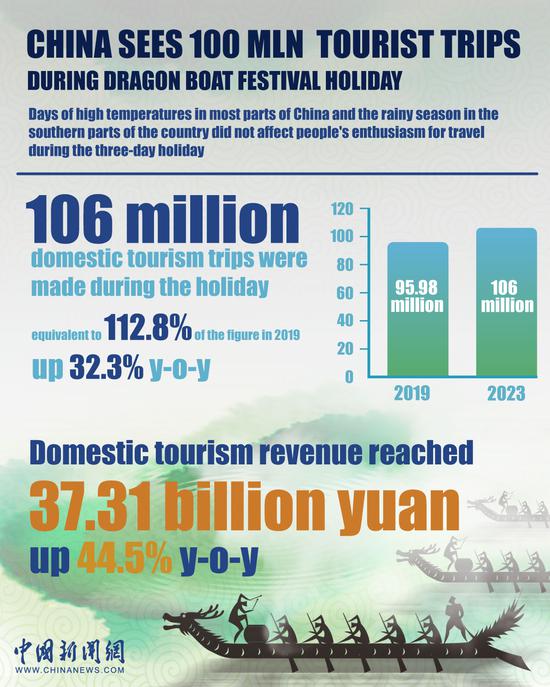






 京公网安备 11010202009201号
京公网安备 11010202009201号